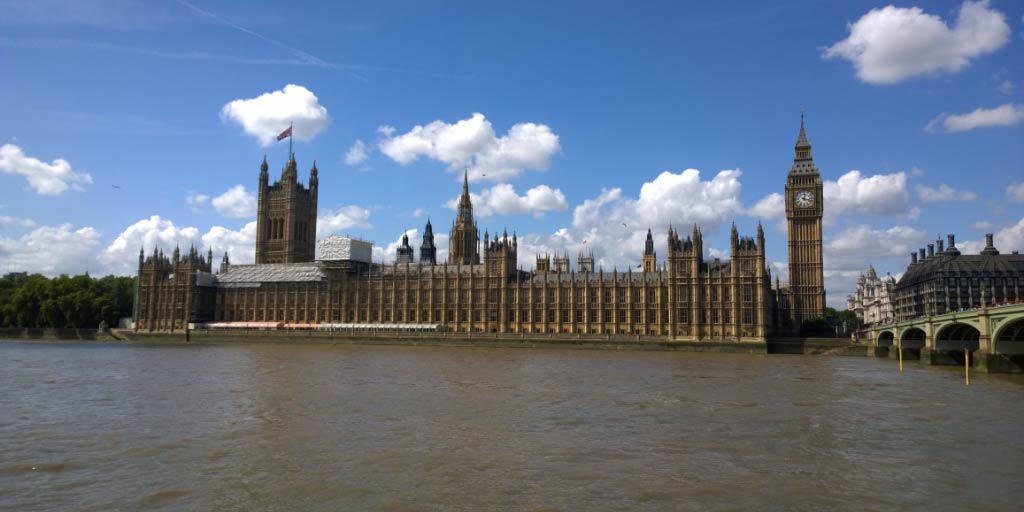This information should not be interpreted as financial, tax or legal advice. Mortgage and loan rates are subject to change.

Category: government and politics
The Renters Reform Bill passed its long awaited second reading. Now it is in the committee stage, where a detailed reading of the Bill takes place. On Friday 24th November, Labour proposed amendments to the Bill that, if passed, will affect landlords throughout the UK.
These amendments have been presented as part of the ongoing legislative process, with the intention of bolstering tenant protection measures.
There were 26 amendments proposed, below are some of the most noteworthy.
Deposit protection and evictions
One of the prominent amendments put forth by Labour MPs involves requiring landlords to use a deposit scheme before proceeding with an eviction – As opposed to currently, where landlords are only obligated to return the deposit before initiating an eviction.
The proposed change suggests that if a tenant's deposit was not adequately protected initially, the eviction should be halted, necessitating a new notice.
A proposal made by Labour back-bencher Lloyd Russell-Moyle also said that “where there is a dispute regarding deposits this can be submitted to the ombudsperson for redress”.
Anti-social behaviour definition
Labour MPs are advocating for clarity on what constitutes anti-social behaviour.
One of the proposed amendments mandates the Secretary of State to provide an explanation on what would be defined as anti-social behaviour, within 180 days of the bill being passed.
The amendment paper states that this would support landlords in determining when Ground 14 (which deals with “nuisance or annoyance, or the illegal or immoral use of the property”) conditions have been met.
Some may argue that this would make it harder for landlords to successfully evict in court – as tenants could cite the Secretary of State’s explanation of what constitutes anti-social behaviour, and argue their case falls outside of that. However, this would depend heavily on the statement itself.
Landlord redress scheme and financial penalties
Of the 26 amendments that Labour MPs proposed, one (spearheaded by shadow housing minister Matthew Pennycook) seeks to force landlords to join a ‘landlord redress scheme’, as well as elevating the maximum penalty for non-compliance to the £30,000 to £60,000 mark.
Labour may be hoping that a higher penalty for non-compliance will prove to be a stronger deterrent, but this may have the unintended consequence of discouraging landlords from staying in the sector.
Deposit limits and advertising practices
Labour are also wanting to prevent bidding wars for securing a property, by putting rules in place around the amount of deposit that can be accepted by a landlord.
They propose that the limit on a deposit should be a maximum of 5 weeks rent where the rent is less that £50,000 per year, and a maximum of 6 weeks rent where the rent is over £50,000.
Pets must be allowed
Labour MPs also make a set of amendments to the proposal that would ‘prohibit discriminatory practises’ that ‘make it harder for people who have pets to obtain a […] tenancy’.
This would take away the property owners ability to say whether pets are allowed in their house or not, and may discourage some to stay in the market, due to potential costs associated with any property damage.
For the list of all the amendments made by Labour MPs, read the House of Commons document here.
The process is ongoing
These proposed amendments to the Renters Reform Bill represent a collective effort by Labour MPs, among others, to strengthen tenant protections, enhance landlord accountability, and foster a more transparent rental market.
However, Labour run the risk of stifling growth in the Private Rental Sector, where their proposals favour tenants over landlords by too great an extent.
This is not the end of the Bills process through parliament, so we have yet to see if these changes will be taken up.


